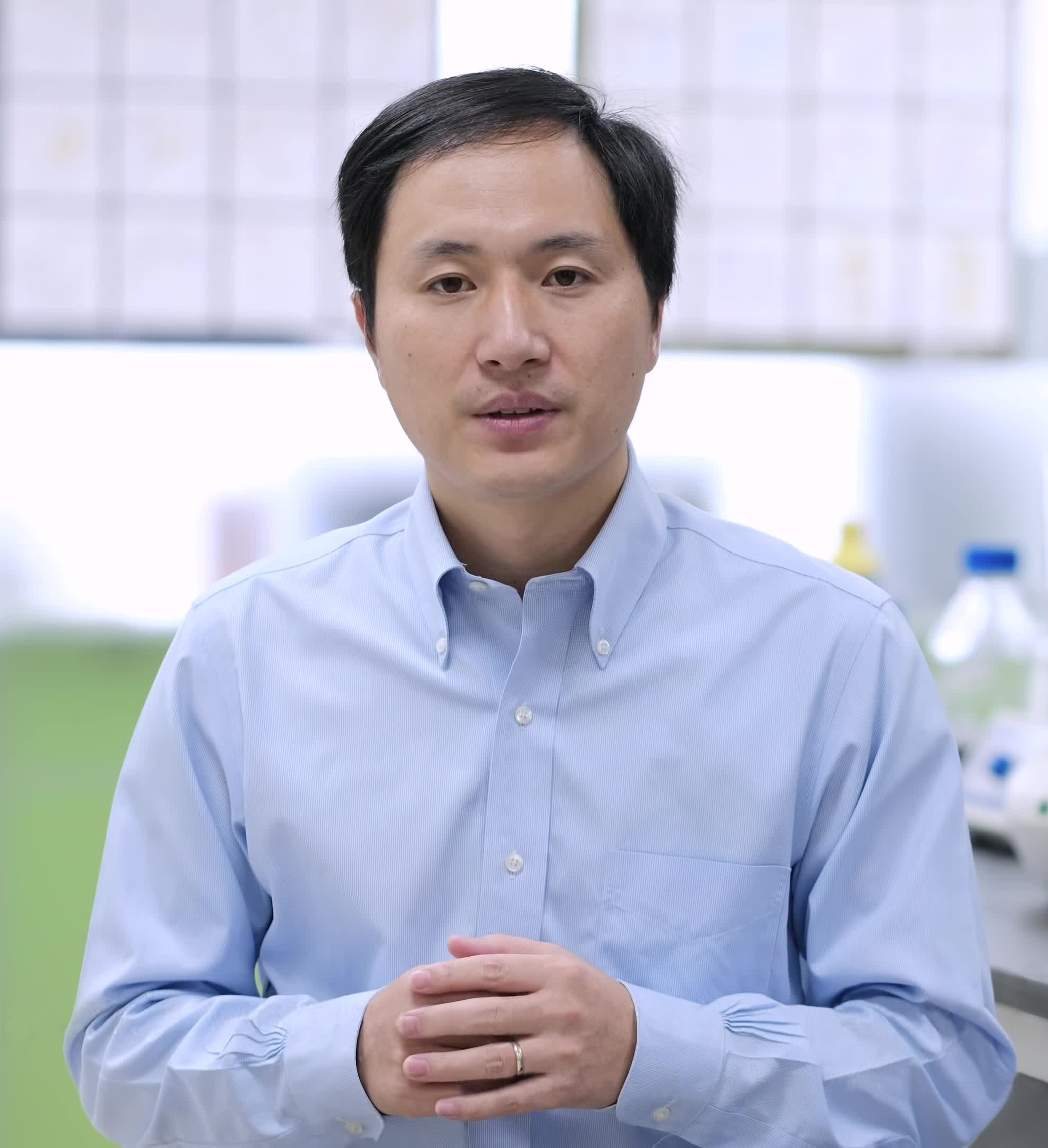How to protect the first ‘CRISPR babies’ prompts ethical debate
By Smriti Mallapaty,
Nature
| 02. 25. 2022
Photo of He Jiankui licensed for reuse under CC BY 3.0
Two prominent bioethicists in China are calling on the government to set up a research centre dedicated to ensuring the well-being of the first children born with edited genomes. Scientists have welcomed the discussion, but many are concerned that the pair’s approach would lead to unnecessary surveillance of the children.
The proposal comes ahead of the possibly imminent release from prison of He Jiankui, the researcher who in 2018 shocked the world by announcing that he had created babies with altered genomes. He’s actions were widely condemned by scientists around the world, who called for a global moratorium on editing embryos destined for implantation. Several ethics committees have since concluded that the technology should not be used to make changes that can be passed on.
Researchers say that the latest proposal, in a document by Qiu Renzong at the Chinese Academy of Social Science in Beijing and Lei Ruipeng at the Huazhong University of Science and Technology in Wuhan, is the first to discuss how to manage the children’s...
Related Articles
By David Jensen, California Stem Cell Report | 02.10.2026
Touchy issues involving accusations that California’s $12 billion gene and stem cell research agency is pushing aside “good science” in favor of new priorities and preferences will be aired again in late March at a public meeting in Sacramento.
The...
By Alex Polyakov, The Conversation | 02.09.2026
Prospective parents are being marketed genetic tests that claim to predict which IVF embryo will grow into the tallest, smartest or healthiest child.
But these tests cannot deliver what they promise. The benefits are likely minimal, while the risks to...
By Mike McIntire, The New York Times | 01.24.2026
Genetic researchers were seeking children for an ambitious, federally funded project to track brain development — a study that they told families could yield invaluable discoveries about DNA’s impact on behavior and disease.
They also promised that the children’s sensitive...
By Arthur Lazarus, MedPage Today | 01.23.2026
A growing body of contemporary research and reporting exposes how old ideas can find new life when repurposed within modern systems of medicine, technology, and public policy. Over the last decade, several trends have converged:
- The rise of polygenic scoring...




